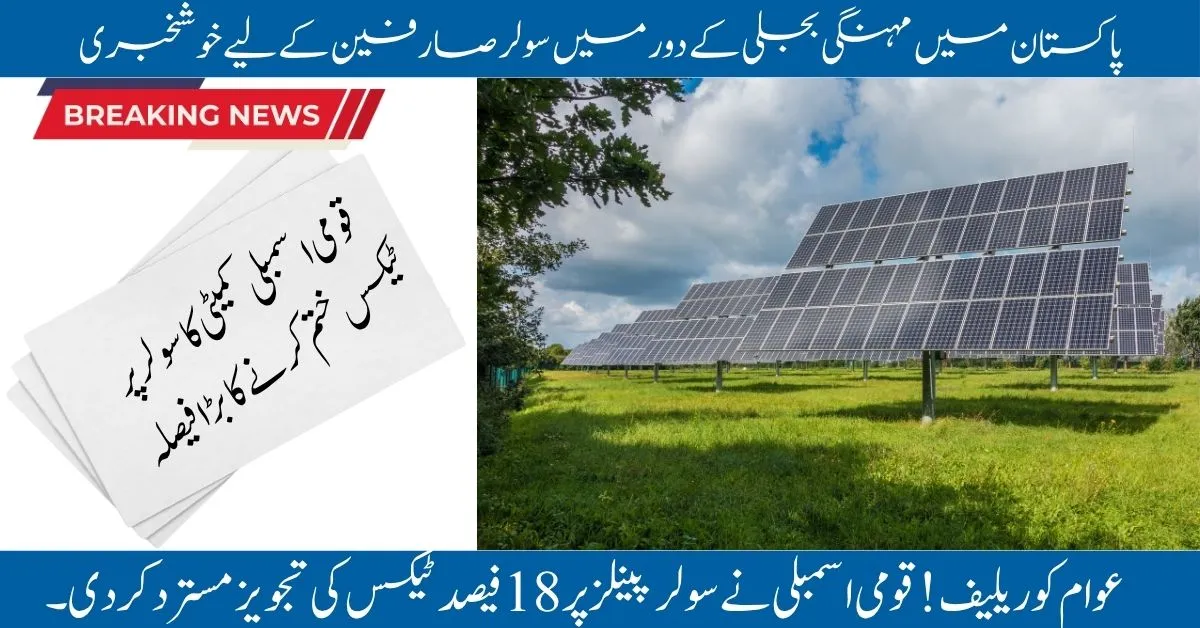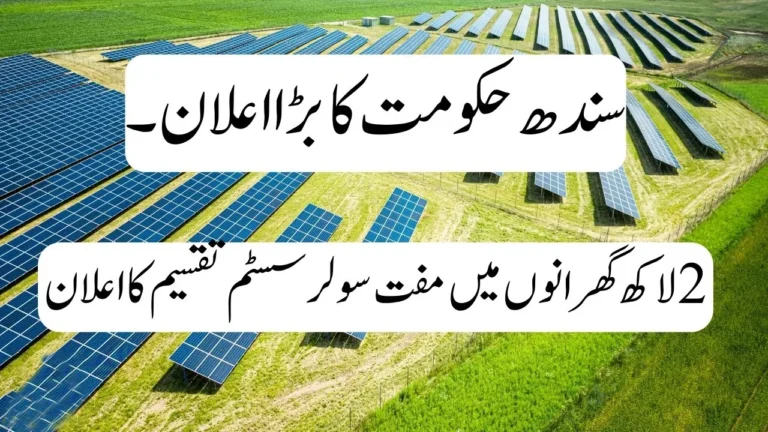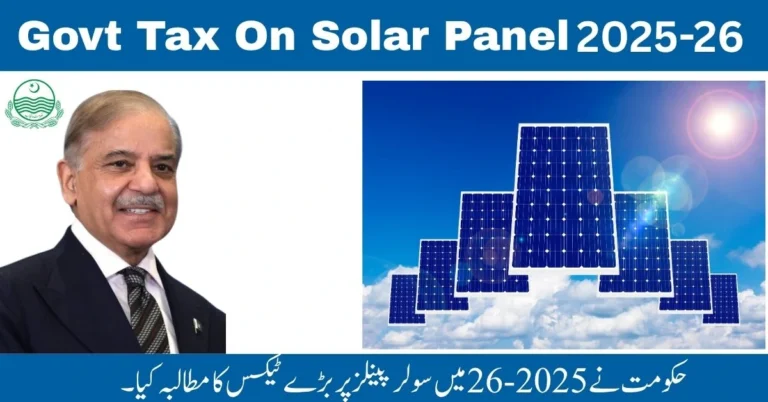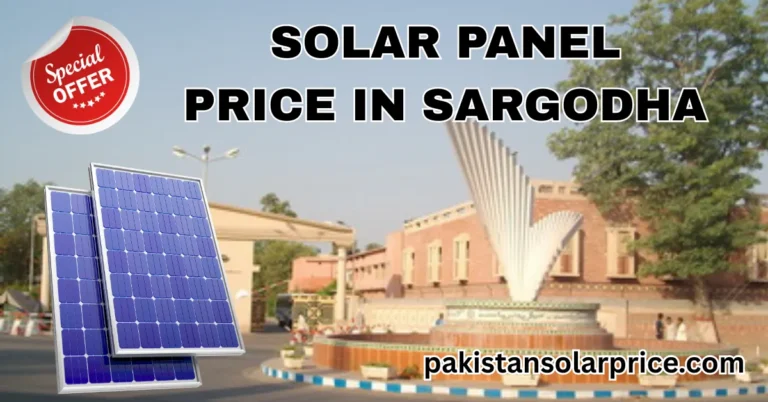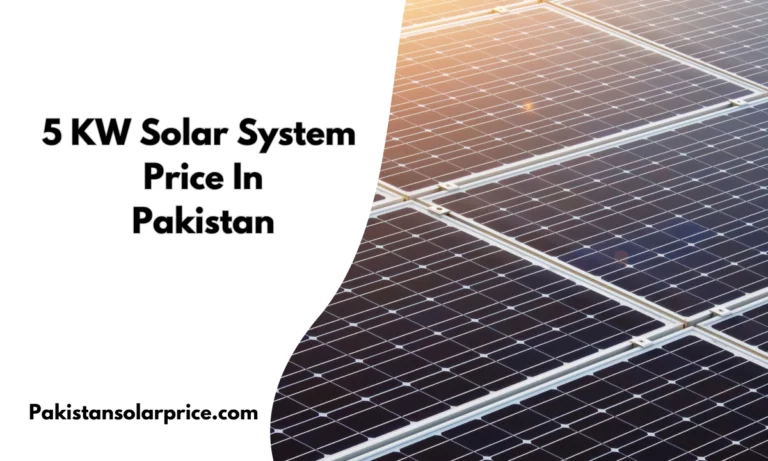NA Committee Rejects Proposal to Slap 18% Tax on Solar Panels in Pakistan
In a significant win for clean energy in Pakistan, the NA committee rejected the proposal to slap an 18% tax on solar panels during the ongoing federal budget discussions for the year 2025–26. This decision sparked a wave of relief across the country, especially among households, solar energy companies, and climate activists who feared the tax would push solar technology out of reach for many Pakistanis.
The proposed 18% GST on solar panels was seen as a major threat to the growing adoption of renewable energy. People from all provinces were worried. Energy costs are already high, and for many families, solar power in Pakistan is the only way to reduce electricity bills. With this rejection, hope is renewed. It signals the government’s seriousness in supporting green energy solutions and protecting citizens from further economic pressure.
Why the Government Proposed 18% Tax on Solar Panels
The draft of the first 2025-26 federal budget proposed by the Ministry of Finance contained a suggestion to incorporate an 18 percent sales tax on all solar panels that are imported. Authorities argued that this was needed to boost revenue, curtail the industry. Another reason that was given by the government was the argument that solar technology should be taxed like other electronics.
This decision however received severe public backlash. According to the Pakistan Renewable Energy Association, this shift would be detrimental to the process of achieving clean energy. There were fears that this would increase the prices of solar panels in Pakistan by 25 percent to 30 percent and that systems would remain unaffordable by middle and lower income families.
There were concerns even amongst the lawmakers of both the ruling and opposition parties. They argued that the tax plan contradicted the national policy to invest in sustainable energy and lessen our levels of reliance on fossil fuels. The reaction was so stiff that the NA standing committee on finance were compelled to re-imagine the proposal in a special sitting.
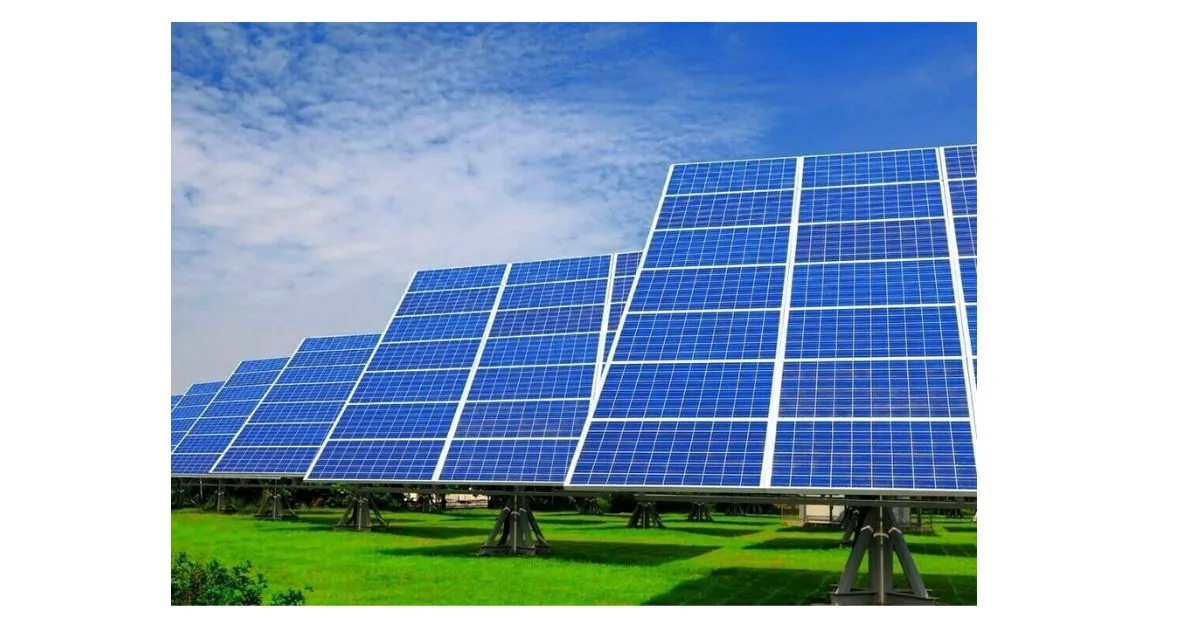
NA Committee Rejects Tax Proposal – What Happened
The NA committee turned down the proposal of GST on solar panels at the rate of 18 percent after several tense debates in parliament. The rationale for making this decision was based on expert advice, real-life market, and citizen inputs. As per sources, the committee emphasized that an attempt to impose tax on solar panels would harm the economy, would be a burden to common people, and would slow down the transition to renewable energy in Pakistan.
At the committee hearing, the budget impact reports were reviewed, and local importers and installers of solar presented their views at the hearing. One of the officials of a Lahore-based solar company has commented, Our company would have been ruined in a moment. This was not only an anti-business tax, it was an anti-environment tax.” Its people had spoken through their voices in addition to citizen protests, which indicated that they were in support of solar energy in Pakistan.
This refusal was subsequently sanctioned in a written overview proclaimed by the secretariat to the committee and mentioned that the targeted tax was out-of-step with the national objectives of clean energy and public interest. Such a hard stand of the National Assembly is a very strong signal that Pakistan intends to enjoy the benefits of solar power adoption and will not allow its short-term revenue strategy to ruin its long-term sustainability.
Impact on Solar Panel Prices in Pakistan
If the 18% tax on solar panels had been approved, the price of common solar systems would have increased drastically. Currently, the average price of a 5kW system ranges between PKR 700,000 to PKR 850,000, depending on the panel type and brand. With tax, prices would have risen by up to PKR 130,000–150,000. That’s a huge jump for the average household.
Let’s take a look at what prices might have looked like:
| System Size | Current Price (PKR) | Price With 18% Tax (Estimated) |
|---|---|---|
| 3kW | 480,000 | 566,400 |
| 5kW | 750,000 | 885,000 |
| 10kW | 1,350,000 | 1,593,000 |
These figures clearly show how damaging the tax could have been. By rejecting it, the government has kept solar panel installation in Pakistan within reach for many. This also benefits schools, hospitals, and small businesses that are switching to solar to reduce operational costs.
What This Means for Renewable Energy in Pakistan
The proposal to introduce 18% GST on solar panels was formally defeated by the NA committee after lengthy contentious debating on the same in parliament. The rationale behind this move were expert views, realities on the market and societal responses. Sources said that the committee emphasized that taxing solar panels will be detrimental to the economy, an undue burden on the common citizenry and will slow down the process of using renewable sources of energy in Pakistan.
At the committee meeting, budget impact reports were reviewed, and members heard evidence from local solar importers and local solar installers. One executive of a solar company in Lahore told Al Jazeera, Our company would be out of business in a span of just one night. And this was not simply an anti-business tax; it was an anti-environment tax. With their voices and the protest of the citizens, it is apparent that the Pakistani people were behind solar power.
This rejection was later affirmed by a written summary released by the secretariat of the committee that demonstrated that the proposed tax was not matching with national clean energy interests and with the interest of the people. Such a determined stand of the National Assembly creates a very clear message to the rest of the world that Pakistan stands behind the adoption of solar power and will not allow immediate revenue proposals to hurt long-term sustainability.
Will the Government Try to 18% tax on solar panels Again?
While the 18% tax was rejected now, that doesn’t guarantee it won’t return later. In the past, similar proposals have come back during mid-year budget adjustments or under different titles. The government might look at “value-added services” or impose small duties in the future to collect revenue from the growing solar market.
But for now, the official stance is clear. The NA committee wants to protect solar panel affordability and promote solar adoption in Pakistan. Still, it’s a good idea for people interested in going solar to act quickly before any future policy change. Time is money, especially when sunshine is free.
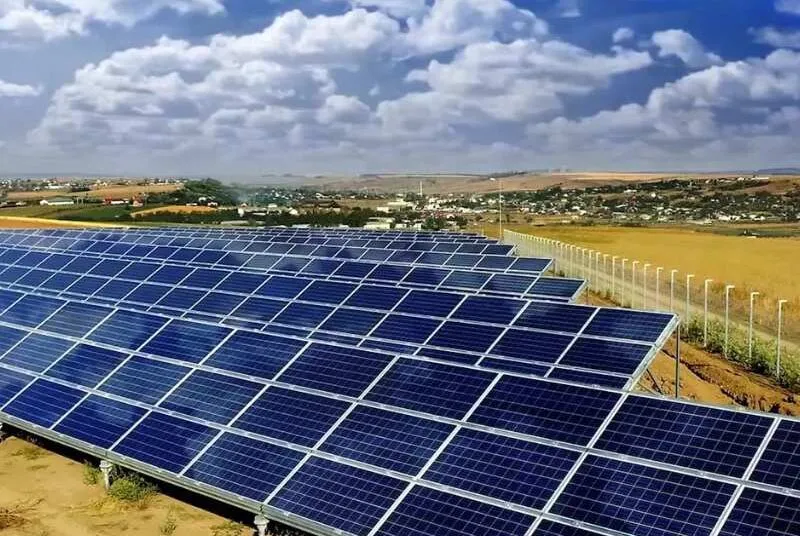
How You Can Still Benefit from Solar Panels in 2025
If you’re considering solar for your home or business, this is the right time. Prices are stable, government policies are supportive, and banks like NBP, HBL, and Meezan are offering solar financing schemes under low markup rates. Some provincial schemes even provide partial subsidies on installation.
To help you plan better, here’s a quick checklist:
| Action | Why It’s Important |
|---|---|
| Compare quotes from 3 installers | Avoid overpricing |
| Choose Tier-1 panels (Longi, JA) | Better efficiency and warranty |
| Ask about net metering setup | Save more by selling excess energy |
| Look into loan options (e.g. NBP) | Spread out the cost of installation |
| Register your system with NEPRA | Stay compliant and enable grid use |
Installing now means you beat any future taxes and enjoy lower electricity bills within 2–3 months. It’s not just an upgrade — it’s an investment.
Conclusion
The NA committee’s rejection of the 18% solar tax proposal was more than a financial decision — it was a stand for a greener, fairer Pakistan. In a time when families are battling inflation and energy costs, this move brings much-needed relief and shows strong leadership.
Solar panels aren’t just machines. They are tools for survival in modern Pakistan. With this decision, the government has told its people: your future matters more than fast money. Now, it’s time for citizens to take that opportunity and turn rooftops into powerhouses.

